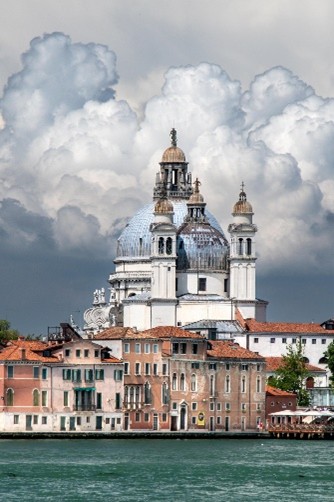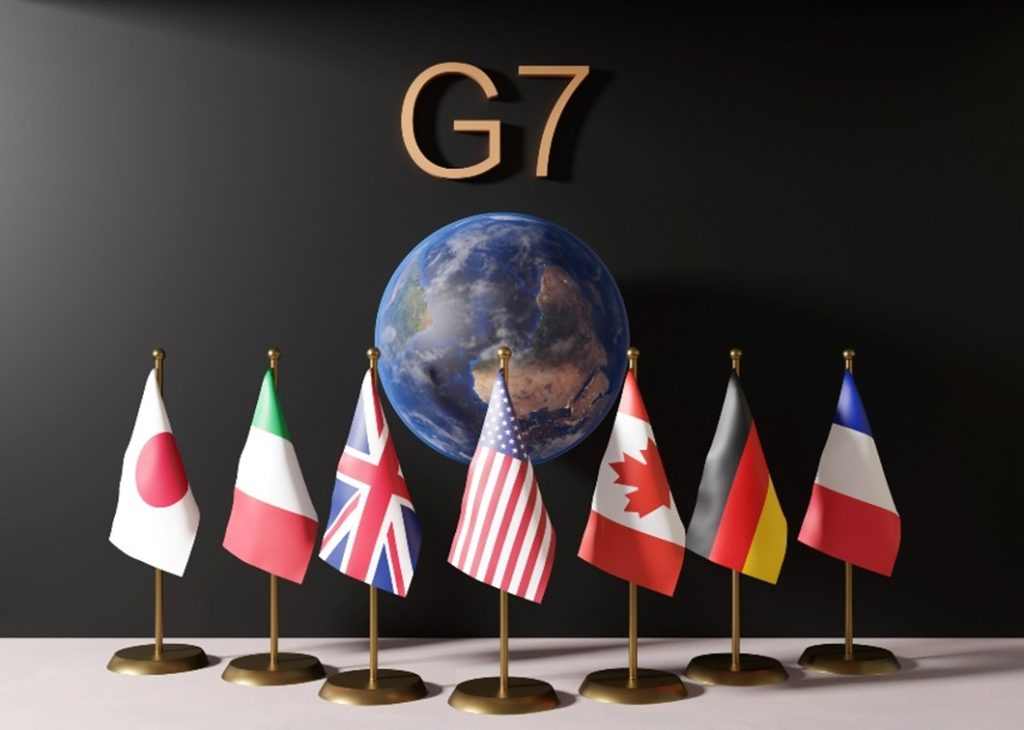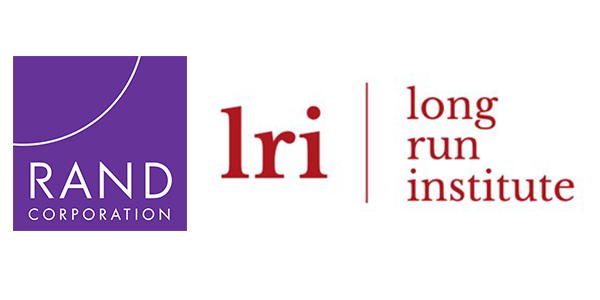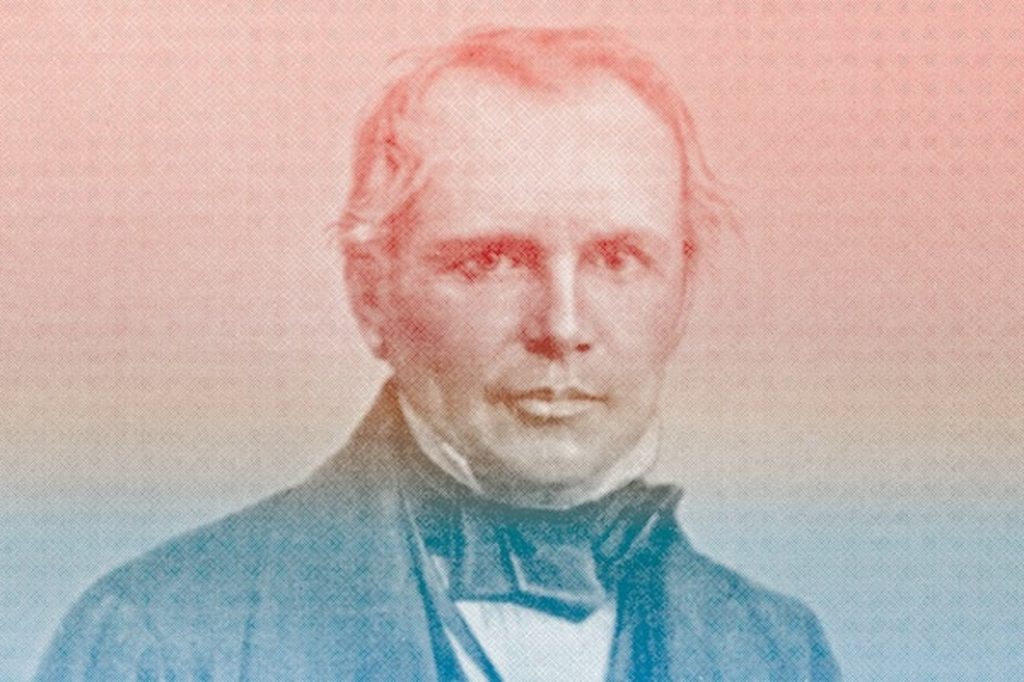News
Dr. Laurence B. Mussio argues in The Globe and Mail that Novo Nordisk’s sudden loss in market value following its Ozempic profit warning illustrates a new form of corporate risk: the moment when a successful product becomes social infrastructure. He contends that managing infrastructure-level risk requires historical awareness, proactive engagement with governments, and acceptance of public obligations before regulation is imposed. He asserts that breakthrough innovation does not remove risk; it transforms it — and failure to recognize that transformation can be more destructive than any technical or market misstep.
In this first essay in the Futures @ Risk series, Dr. Laurence B. Mussio and Dr. Cosimo Pacciani argue in The Globe and Mail that effective risk management requires integratinghistorical consciousness with modern analytical tools. Exploring historical and modern examples, the authors show how overreliance on narrow, short-term models and “leader-centric” decision-making leaves systems vulnerable to rare but devastating shocks. They suggest that organizations that deliberately preserve, teach, and apply historical lessons—pairing computational power with long-term perspective—are best positioned to navigate instability and avoid failure in the face of catastrophe.
Dr. Laurence B. Mussio, writing in The Globe and Mail, observes that Canada excels at creating capital and talent but loses both abroad. Of the $2.3 trillion held by major pension funds, only 25 percent is invested domestically. He argues that weak growth opportunities, regulatory uncertainty, and limited scale are widening Canada’s productivity gap by driving investors and skilled workers to the U.S.—but there are ways to reverse this trend so capital and talent choose to stay and grow the economy at home.
In a recent article in The Times, columnist and feature writer Harry Wallop uses the framework of John Turner and Michael Aldous’ new book — The CEO: The Rise and Fall of Britain’s Captain of Industry — to discuss pay disparity in the UK. To read the article – “What is fair pay for a CEO? Modern bosses need to think long-term”
In their acclaimed new book, Michael Aldous and John Turner explore the evolution of Britain’s CEOs over the past century, examining how they rose to power, the nature of their influence, and whether their high salaries are justified. Aldous and Turner trace the shift from amateur gentlemen to professional managers, highlighting key figures—both exemplary and controversial—who shaped corporate leadership. The authors argue that CEO quality affects national productivity, innovation, and global competitiveness and suggest historical insights can guide needed reforms in Britain’s contemporary corporate sector.
Dr. Laurence B. Mussio argues in The Globe and Mail that Canada stands at a crossroads. To overcome drift and seize its unique advantages in energy and AI, leaders must revive the tradition of grand collaboration—where elites, institutions, and citizens unite in purposeful action. History offers examples, but precedent alone cannot secure Canada’s future; bold leadership is what is required.
Dr. Laurence B. Mussio argues in The Globe and Mail that Carney’s surprise victory at the polls preserved the influence of Canada’s Laurentian elite. However, as this elite now presides over an economy facing stagnation, a housing crisis, innovation decline, and flawed energy policy, Carney must act quickly: the election win is not a mandate but a narrow window to enact real change – such as a national productivity commission, fiscal reform, productivity-focused immigration policy, and intergenerational policy assessments – before disillusionment empowers a new opposition.
We are pleased to share an important new report from RAND Corporation and the Long Run Institute: “Applying History to Inform Anticipatory AI Governance: Using Foresight and Hindsight to Inform Policymaking.” This publication represents the culmination of a two-year collaboration between RAND and the LRI, bringing together Nobel Prize Winner Dr. Robert J. Lempert and Dr. Jonathan W. Welburn with Professor Michael Aldous and Dr. Laurence B. Mussio to explore how historical analysis can inform AI governance frameworks.
Dr. Laurence B. Mussio, writing for The Globe and Mail, examines historical and contemporary expressions of Canadian nationalism in response to external threats, drawing parallels between the 19th and 21st centuries. With specific examples he argues that Canada’s historical resilience in the face of existential threats suggests a capacity for unity and sacrifice, even in a modern context where economic dependency on the U.S. poses challenges to independence.
Dr. Marvin Suesse and Dr. Laurence B. Mussio, writing In The Globe and Mail, analyze the underlying logic of Donald Trump’s trade policies through three competing interpretations: a Bluff Thesis, a Reckless Driver Theory and as a Geopolitical Realignment Strategy. However, they suggest that Trump’s policies are less about foreign threats and more about punishing “globalist” elites within the U.S. and echo other historical patterns. Ultimately, economic nationalism isn’t an anomaly but a recurring force, and businesses and policymakers must recognize and adapt to these cycles.










